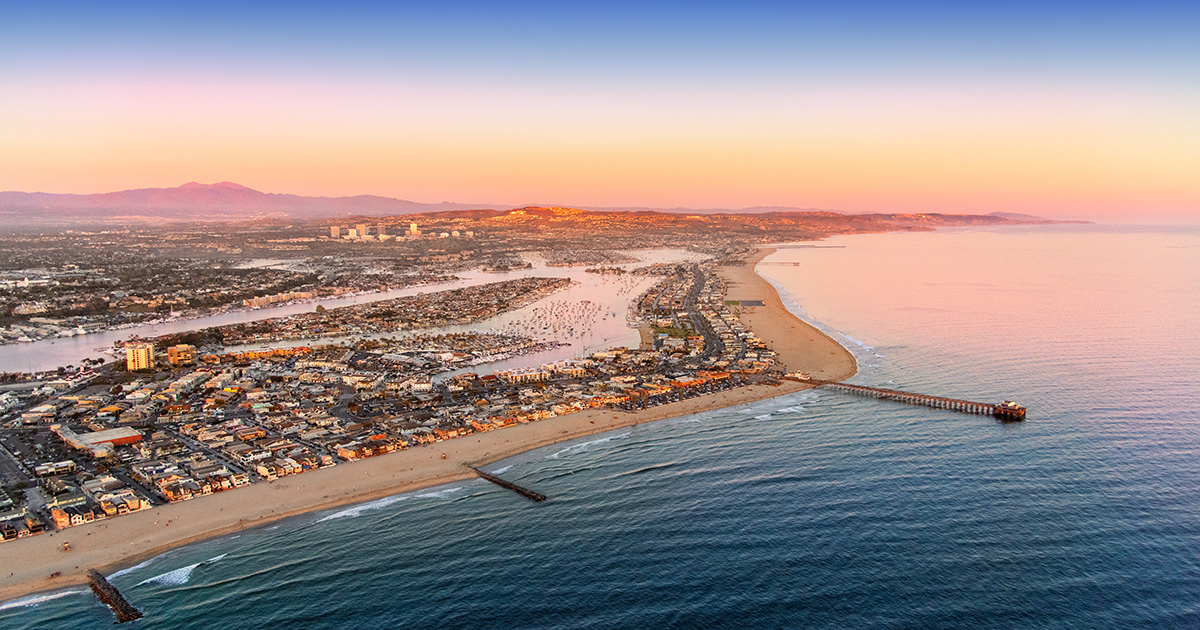The passage of the Strengthening Coastal Communities Act, S. 2958 was celebrated on Friday, April 19, 2024. The bipartisan legislation would amend and reauthorize the Coastal Barrier Resources Act (CBRA) and codify maps to update and add units to the Coastal Barrier Resources System (CBRS).
Specifically, the Strengthening Coastal Communities Act would codify 195 updated or new maps that the United States Fish and Wildlife Service has transmitted to Congress for the CBRS. The bill also includes a provision to support sustainable aquaculture operations and authorizes $3 million in annual appropriations to implement CBRA through fiscal year 2028.
“There’s no question climate change is fueling stronger, more devastating storms that threaten our coastal states, including my home state of Delaware,” said Chairman Carper. “The bipartisan Strengthening Coastal Communities Act preserves critical wildlife habitat and saves taxpayers money by curbing new development in the vulnerable, low-lying areas that are most susceptible to flooding. I’m grateful to Senator Graham and our colleagues for moving this legislation one step closer to becoming law.”
“The Strengthening Coastal Communities Act makes important updates to Coastal Barrier Resources Act maps impacting South Carolina and allows for increased local input as additional maps are considered,” said Senator Graham. “I am proud to work with my colleagues and Chairman Carper to pass this legislation and protect vulnerable land from coastal hazards such as flooding and storm surge.”
Background
Originally enacted in 1982 by President Ronald Reagan, CBRA encourages the conservation of storm-prone and dynamic coastal barrier land known as the Coastal Barrier Resources System. The CBRS currently consists of 585 defined areas along the Atlantic, Gulf of Mexico, Great Lakes, US Virgin Islands, and Puerto Rico coasts. In addition to helping protect millions of acres of wildlife habitat, most notably for migratory bird species, the CBRA also saves taxpayers from the costs of developing in these high-risk areas. The law does so by removing the eligibility for federal funding and financial assistance, such as flood insurance, in the legally defined maps that comprise the CBRS.
The bill text is available here.





